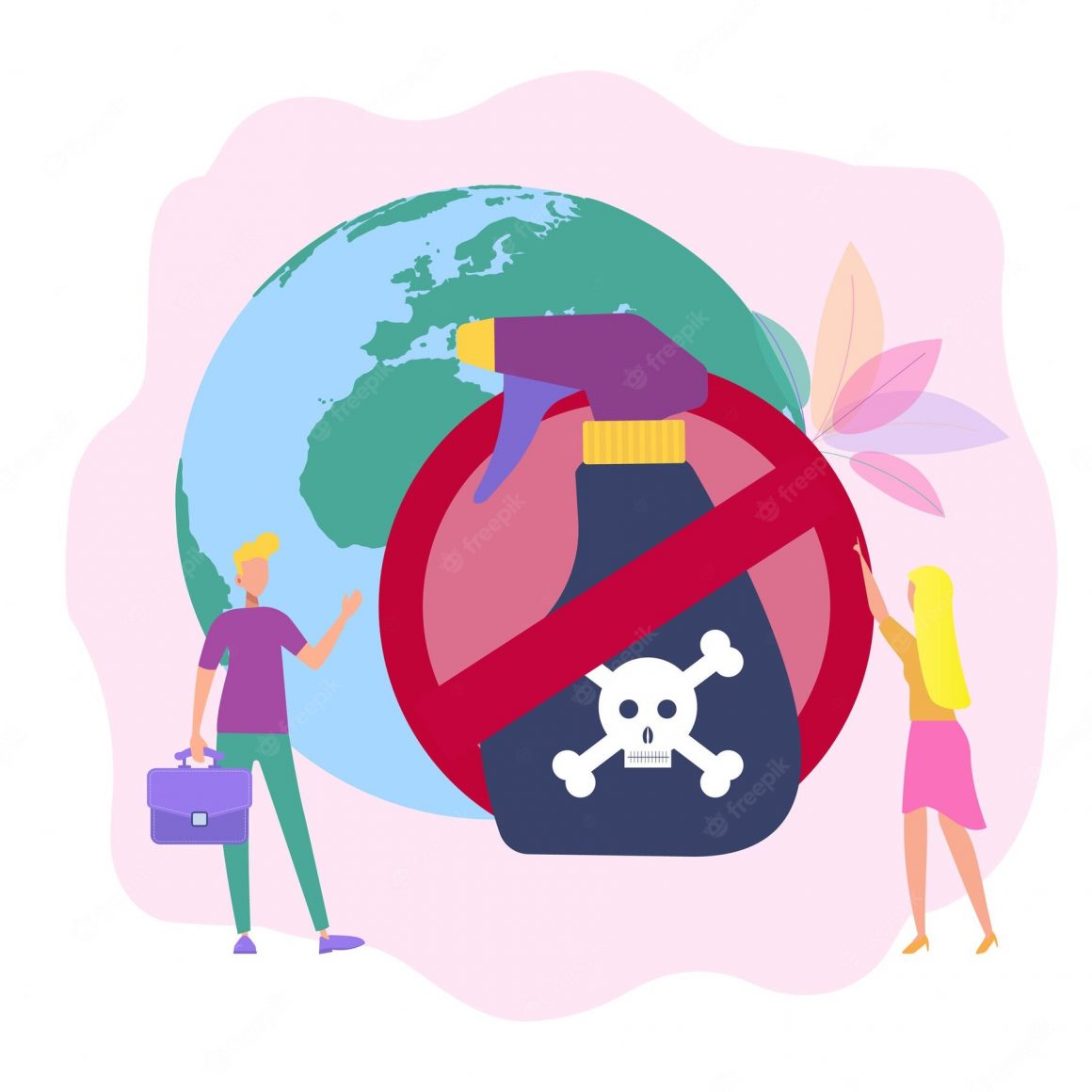The application of fertilizers on land near streams and lakes is very harmful to aquatic ecosystems. Indeed, these fertilizers contain a lot of phosphorus, a nutrient for plants of all kinds. Rainwater carries phosphorus directly into the lakes and thus feeds the algae and aquatic plants that proliferate. A high level of phosphorus also helps to accelerate the aging of the lake (eutrophication). Having green grass free of weeds is too much to pay for if it also leads to a green lake of algae and harmful plants! It is also important to note that organic fertilizers (compost) are not indicated for land adjacent to water bodies. Although they do not leave chemical residues in the soil, these organic fertilizers also contain phosphorus that can enrich the lake in the same way as chemical fertilizers.
Pesticides and herbicides also play the same harmful role on the environment since they are rich in phosphorus. In addition, they contain chemicals that can be dangerous to health and are potentially carcinogenic. In short, it is essential not to use any kind of fertilizer, whether natural or chemical, or any pesticide or herbicide to protect our lake and prevent it from deteriorating prematurely. Fertilizers contain nutrients, including phosphorus, which promote faster plant growth. Unfortunately, they also promote the growth of aquatic plants and blue-green algae in lakes and streams. Last month, the Saint-Sauveur City Council adopted a new by-law banning the outdoor use of pesticides and fertilizers. This regulation enhances the one that was in force, since 2012, regarding the use of pesticides. It now includes provisions relating to fertilizers, in accordance with the orientations of the City’s 2021-2023 Environmental Action Plan. Its application is intended for residential, commercial, or institutional use.

